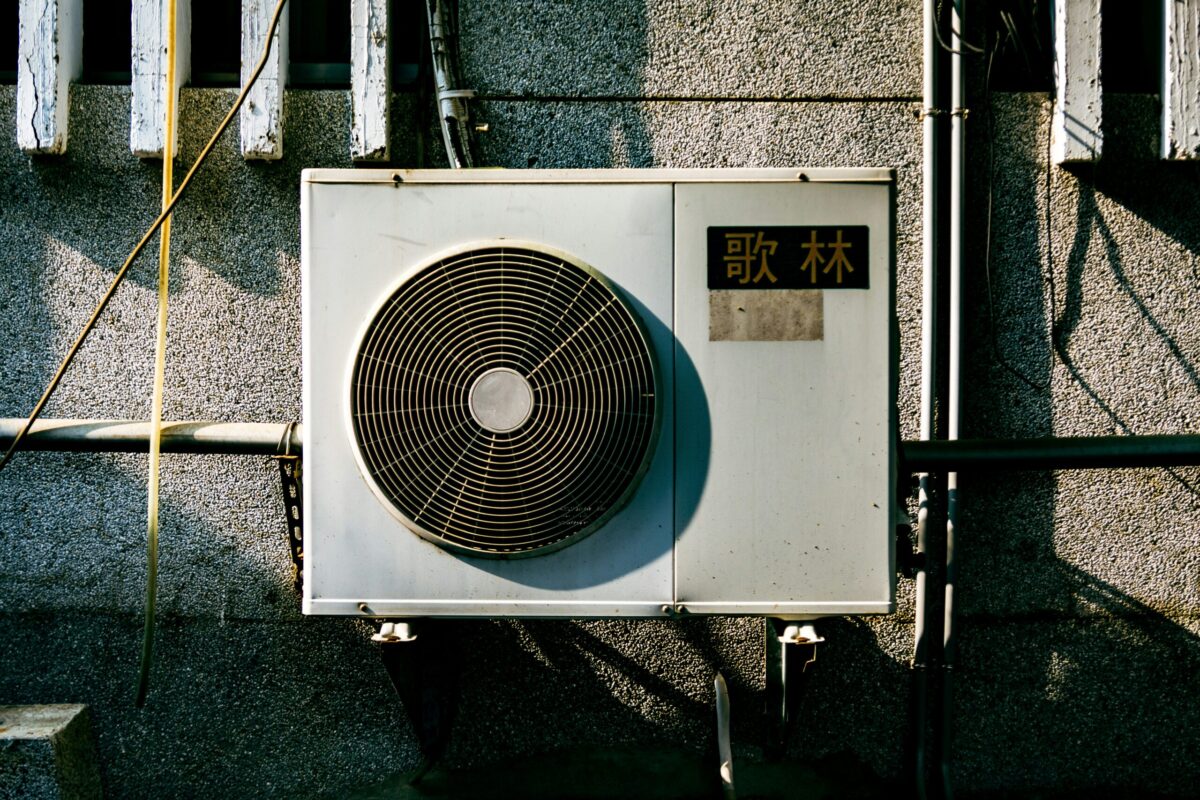Azuri Technologies, a U.K.-based provider of the PayGo Solar system – has begun delivering its home power systems to 20,000 rural households in Nigeria.
In partnership with the Niger Delta Power Holding Company (NDPHC), Azuri will build up a customer base amid some of the nation’s most power-poor regions, bringing its pay-as-you-go home solar systems to many pockets of the country.
The initial deployment of Azuri’s PayGo Solar – which is a system comprising four solar-powered lights that can provide eight hours of light, a radio and a USB charging point – is expected to create as many as 500 direct jobs (in the form of solar installers and sales agents) and a further 5,000 indirect jobs as more households are able to rely on a stable power supply.
PayGo Solar customers pas for the service via mobile money for the first 36 months, after which time the home system is ‘unlocked’ and owned outright by the customer. Azuri’s partnership with NDPHC comes as part of a government push to support off-grid solar deployment and renewable energy across the country.
The government of Nigeria is eyeing 23% renewable energy penetration by 2025, rising to 36% by 2030. The role of NDPHC is to eventually bring the PayGo Solar model – and others like it – to around 70 million Nigerians living in the country’s poorer north.
“Nigeria is committed to improve accessibility to power, especially solar power for the people,” said Yemi Osinbajo, SAN VP of Nigeria.
NDPHC’s MD Chiedo Ugbo added that the company is “actively involved in the presidential initiative on rural solar home lighting systems where 20,000 units of solar home systems in under-served rural areas with no access to grid electricity supply is being implemented”.
This content is protected by copyright and may not be reused. If you want to cooperate with us and would like to reuse some of our content, please contact: editors@pv-magazine.com.



4 comments
By submitting this form you agree to pv magazine using your data for the purposes of publishing your comment.
Your personal data will only be disclosed or otherwise transmitted to third parties for the purposes of spam filtering or if this is necessary for technical maintenance of the website. Any other transfer to third parties will not take place unless this is justified on the basis of applicable data protection regulations or if pv magazine is legally obliged to do so.
You may revoke this consent at any time with effect for the future, in which case your personal data will be deleted immediately. Otherwise, your data will be deleted if pv magazine has processed your request or the purpose of data storage is fulfilled.
Further information on data privacy can be found in our Data Protection Policy.